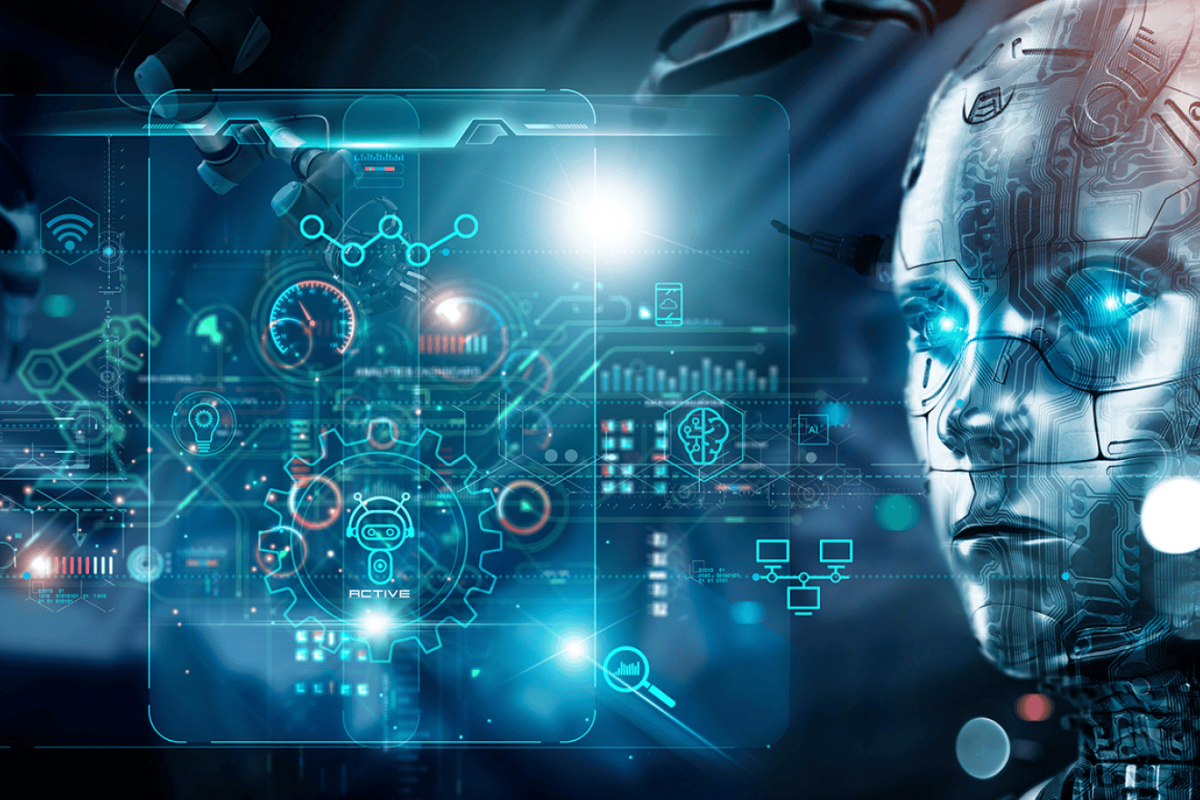In corporate boardrooms and tech hubs around the world, discussions about digital transformation invariably circle back to a critical frontier: automation. Robotic Process Automation (RPA), a technology that emerged primarily to eliminate mundane tasks through software “robots,” is undergoing a profound metamorphosis. Once considered a mere cost-saving measure, RPA is evolving rapidly through integration with Artificial Intelligence (AI), leading to what industry insiders now call “Intelligent Automation.”
RPA initially gained prominence due to its straightforward promise—software bots capable of mimicking human interactions with digital systems, automating tasks like data entry, invoice processing, and customer onboarding. This capability unlocked system integration options even with systems lacking an API integration layer. For businesses, it was a no-brainer, delivering measurable efficiency gains almost overnight. According to Gartner, by 2023, organizations worldwide had collectively deployed over 2 million bots, handling tasks that previously consumed countless human hours.
A Great Idea Made Better with AI
Yet, while early-stage RPA was powerful, it was inherently limited. It could perform tasks quickly and consistently, but only within rigid, pre-programmed boundaries. These robots, though tireless and precise, lacked adaptability and intelligence. Enter AI—a technology capable of learning from data, recognizing patterns, and making decisions. By integrating AI capabilities like machine learning, natural language processing (NLP), and computer vision into traditional RPA platforms, organizations are moving from mere task automation to intelligent decision-making.
This blend of RPA and AI, dubbed Intelligent Automation, is rapidly becoming the new gold standard in enterprise tech strategies. Deloitte’s 2024 report highlighted that 73% of global organizations were either adopting or planning to adopt Intelligent Automation within the next two years. The motivation is clear: Intelligent Automation not only performs repetitive tasks but can also make nuanced decisions, recognize trends, and self-improve based on past performance.
Current Uses for Intelligent Automation
Consider customer service—a key domain where Intelligent Automation shines. Traditional RPA bots handled simple inquiries or directed users to static FAQs. Now, AI-enabled bots can interpret natural language queries, handle dynamic conversations, solve complex problems autonomously, and escalate only when necessary, significantly enhancing user experience and efficiency.
Another prominent example lies in finance and accounting, traditionally a bastion of RPA due to its repetitive tasks and clear rules. Intelligent Automation now enables these processes to analyze unstructured data, predict financial outcomes, flag anomalies, and proactively manage risks. For instance, JP Morgan Chase famously implemented intelligent automation tools that reportedly shortened tasks such as commercial loan agreements analysis from 360,000 man-hours per year to mere seconds.
Furthermore, AI integration has substantially advanced RPA’s cognitive capabilities. AI-driven insights allow companies not just to automate tasks but to optimize them. Machine learning algorithms can analyze workflow data to predict bottlenecks, recommend process improvements, and identify new automation opportunities, ushering businesses into a virtuous cycle of continuous improvement.
Responding to the Challenges of Intelligent Automation adoption
Yet, the path to Intelligent Automation is not without its hurdles. Ethical concerns surrounding job displacement persist, and organizations face practical challenges related to integration complexity, data privacy, and regulatory compliance. Employees accustomed to traditional workflows may resist or struggle with adopting new AI-driven systems.
To mitigate these challenges, forward-thinking companies are prioritizing employee reskilling programs and fostering transparent dialogues around AI’s role in augmenting human capabilities rather than replacing them outright. This mindset shift towards human-AI collaboration is essential, as reflected in Accenture’s 2024 research, indicating that organizations successfully adopting Intelligent Automation are those emphasizing collaboration between bots and humans, enhancing productivity rather than displacing employment.
Looking ahead, industry experts predict that Intelligent Automation will continue to evolve dramatically. AI’s exponential advancements in generative models and deep learning are poised to unlock even more sophisticated automation possibilities.
A Few Predictions about AI-RPA and Agentic AI
By 2030, Gartner forecasts that AI-enabled RPA will be commonplace across virtually every sector, fundamentally reshaping the global workforce and operational landscape. “Agentic AI” is another hot buzzword in the industry, as generative AI capabilities are gradually expanding to enable real-world and digital-world actions.
Moreover, emerging technologies like Quantum Computing may soon accelerate Intelligent Automation further, handling tasks previously deemed too complex or computationally intensive. Quantum-enhanced AI could rapidly solve optimization problems, dramatically reducing processing times for intricate logistical and financial scenarios.
In healthcare, Intelligent Automation will likely revolutionize patient care and clinical management. AI-driven bots could handle everything from patient scheduling and medical record management to predictive health monitoring, drastically reducing administrative burdens on healthcare professionals and improving patient outcomes.
Retail and logistics sectors will similarly benefit, using AI-enhanced RPA to manage inventory, streamline supply chains, and personalize customer interactions at scale. Amazon’s recent trials integrating AI into warehouse automation have reportedly increased operational efficiency by upwards of 25%, setting a new benchmark in supply chain management.
Fortune Favors the Bold
Ultimately, Intelligent Automation represents not merely an incremental step but a significant leap forward in enterprise digital transformation. Companies leveraging this hybrid technology effectively are positioned to dominate their industries through unmatched efficiency, agility, and innovation.
As businesses navigate this AI-powered future, the key challenge will be not just technological adoption but also organizational adaptation. Successful Intelligent Automation strategies will balance technological prowess with human ingenuity, maximizing the strengths of both digital bots and their human counterparts. Far from replacing workers, intelligent automation promises to redefine their roles, shifting human focus to strategic, creative, and higher-value tasks.
The lines between RPA, AI, Intelligent Automation, and Agentic AI are increasingly blurred. Navigating this complex landscape requires strategic guidance from experts who understand not just what’s possible today, but what will be sustainable and best-in-class tomorrow. Organizations that embrace informed, strategic decision-making will harvest the full benefits of these evolving technologies, ensuring competitive advantage in an ever-changing digital workforce.




